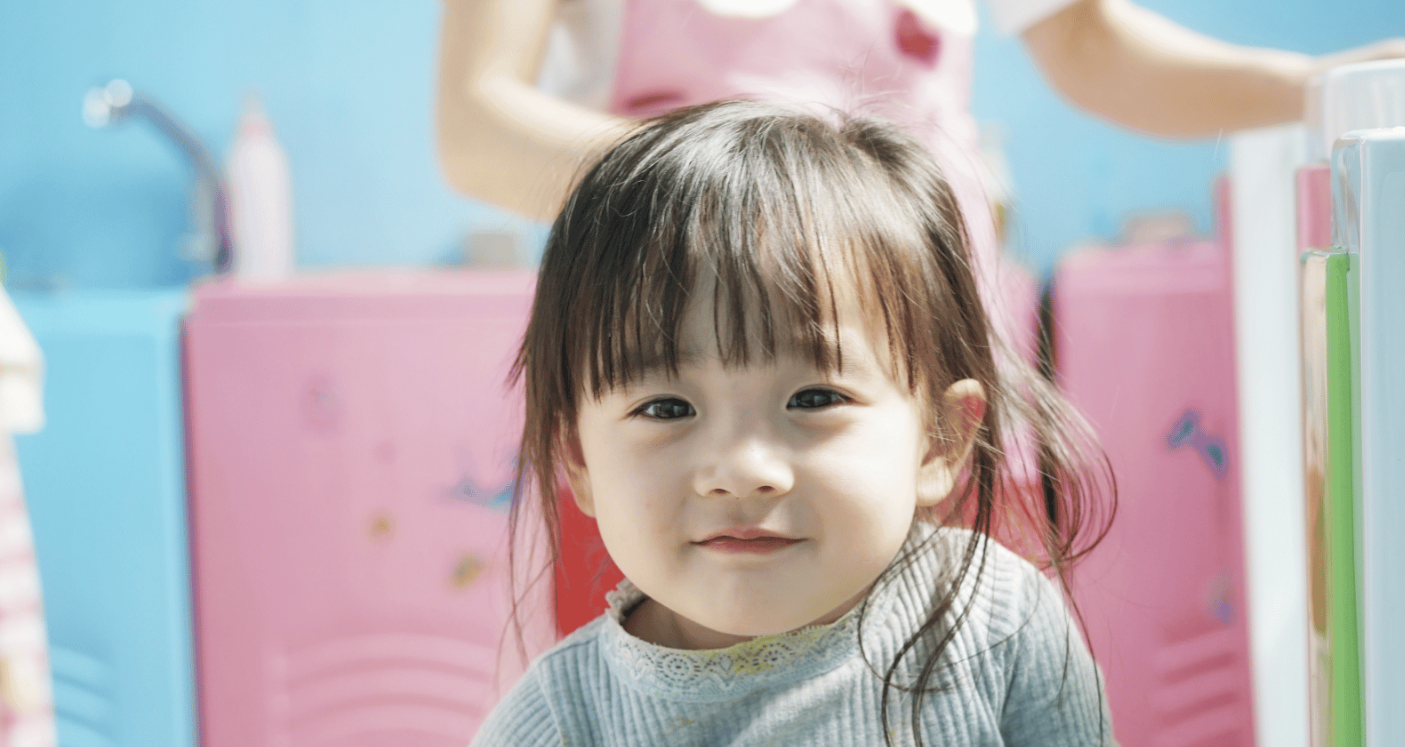
A 2011 study from Concordia University in Montreal showed that toddlers who learned a second language from infancy had better attention control than their unilingual peers.
Krista Byers-Heinlein, who holds a Research Chair in Bilingualism at Concordia, notes that being able to switch back and forth between languages has some real cognitive advantages, providing a “good workout for the brain.” Having one person speak multiple languages to their children won’t confuse them either. “The research has shown that even newborn babies can distinguish the difference between languages because of the different rhythms and sounds,” she says. “We don’t know of any limit in the brain to the number of languages one can learn.”
For parents interested in teaching their children a second or even third language, Krista says frequent exposure to someone who is a native speaker or has a high-level capacity for speaking it is most effective. “Kids pay more attention to people who speak without accents,” she says. “Unfortunately hearing a second language a few hours a week in a course probably won’t result in a bilingual child.”
There is also a ‘use it or lose it’ factor to languages, says Krista. “If the exposure stops after a time at a young age and they don’t have reason to use the language, they will lose it.”
Meike Wernicke is a researcher in second language education at the University of British Columbia, and a parent of two daughters who speak English, French and German. She advises parents start by singing songs and reading books to their children in the desired language to get them used to the sounds.
She considers learning a new language much like playing a musical instrument. “How good you’ll be will depend on how you learned to play and how much you continue to do it,” she says. “Even later on, the concepts you’ve learned in the past and the way you used the language will be more familiar to you than someone who was never exposed.”
Even though frequency is most effective, some exposure to other languages is still better than none, agrees Krista.
“We are starting to do research on how learning new languages positively affects how children reason about the world,” she says. “I would always encourage parents to expose their kids to a second language if they have that opportunity.”
Can multiple languages be a detriment?
If you’re concerned that exposing your children to multiple languages as toddlers will affect their speech or comprehension when starting school, don’t worry. Researchers say even kids who start school without a firm grasp of English will pick it up quickly. “When parents read, play games with their children and raise them with a good literacy practice, [kids] can transfer those kinds of skills to other languages,” says researcher Meike Wernicke. While there are a certain number of kids who will experience language delays, researchers say that percentage is no higher among bilingual children compared to unilingual ones. “The reality is that many people in this world speak more than one language,” says Meike.
Article and Image Source: Parents Canada
Discovery Point Nursery and Academy is a daycare located in Woodbridge, Vaughan, Ontario.